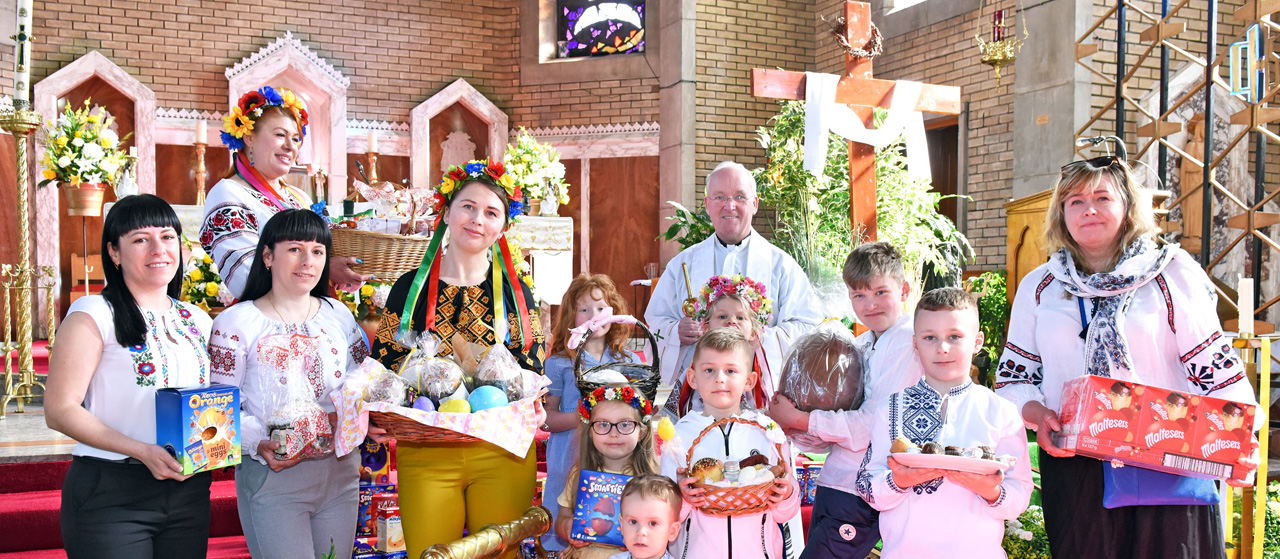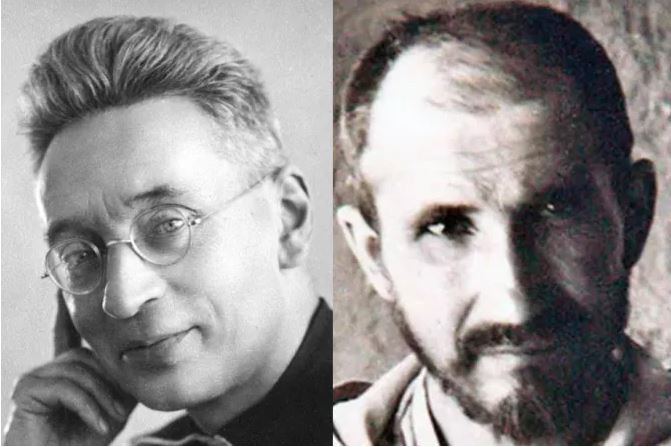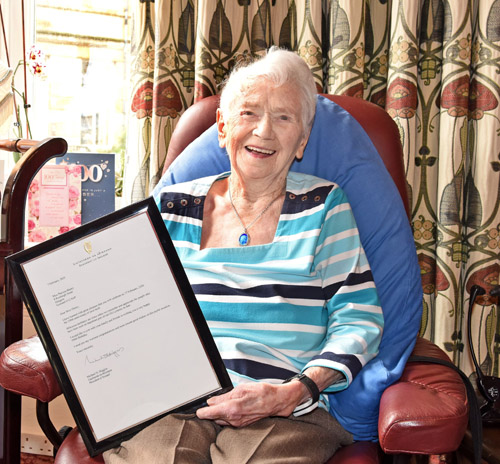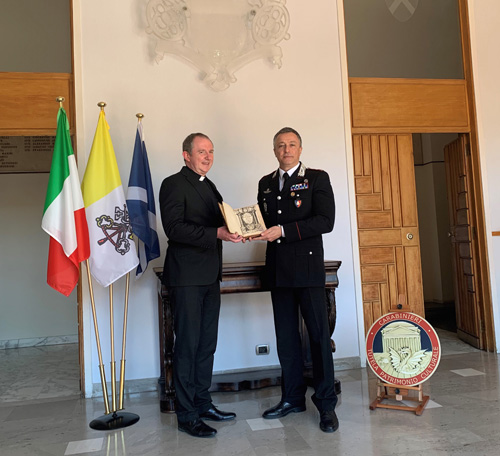
Official Journal of the Archdiocese of Glasgow
May 2022


Official Journal of the Archdiocese of Glasgow
May 2022

Canonisation

Pope Francis will canonise 10 new saints in a huge ceremony in Rome later this month.
Read more…
Pilgrimage

The funeral has taken place of Paddy Sherry, the last surviving volunteer helper from the first ever Glasgow Archdiocesan Lourdes pilgrimage, who has died aged 102.
Read more…
Missing

A precious book which went missing some time in the last century from a Glasgow seminary has been found and restored to the Archdiocese … by the Italian Carabinieri!
Read more…